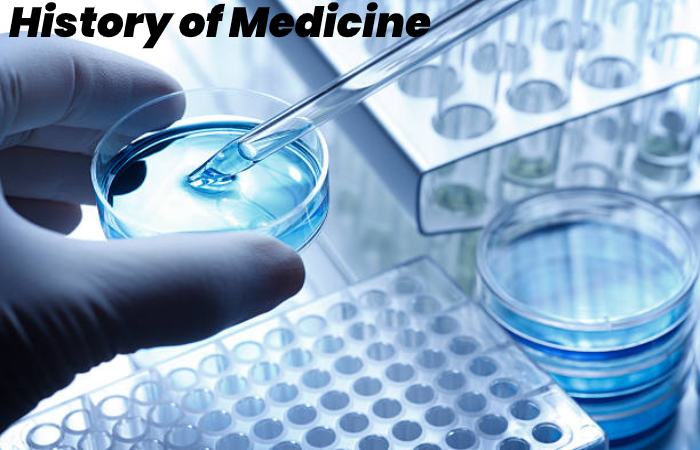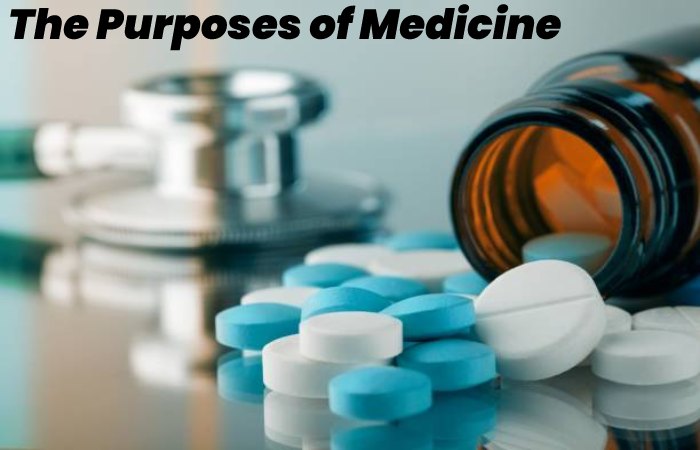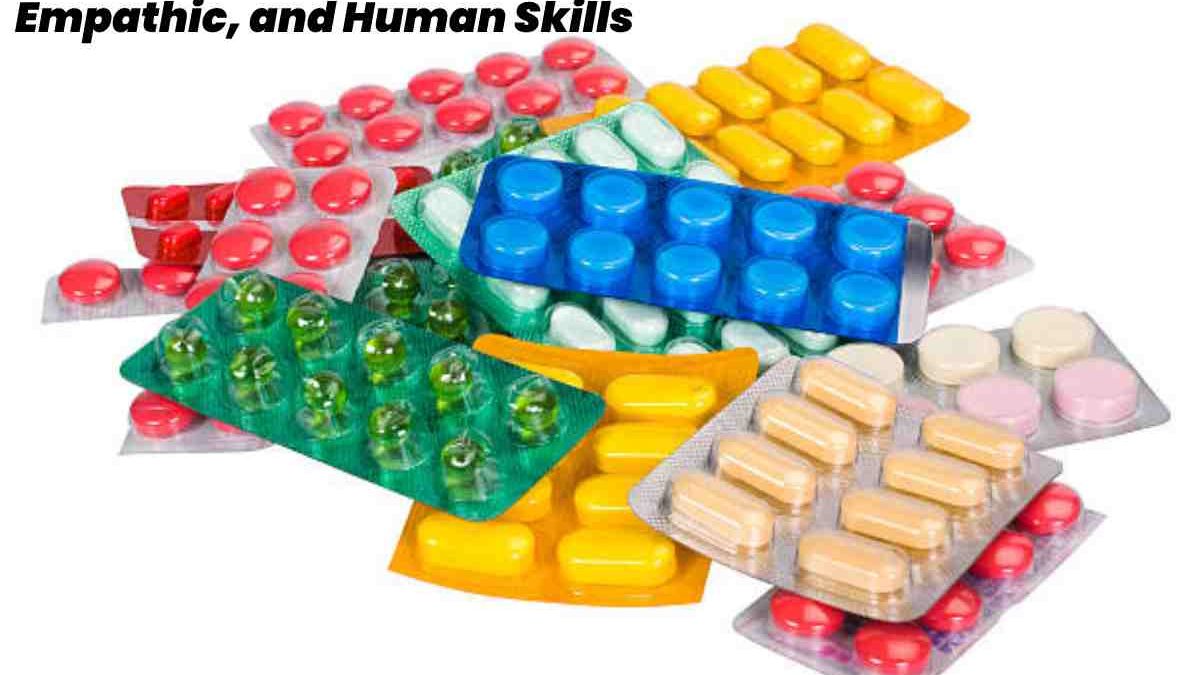Table of Contents
What is Medicine?
The term medicine comes from the Latin medicīna and refers to the science that allows to prevent and cure of diseases of the human body. Medicine is also used as a synonym for medication (from the Latin medicament), which is the substance that allows prevention, alleviation, or cure of diseases or their sequelae.
Doctor Medicine, together with pharmacy, nursing, and other disciplines, form the group of health sciences dedicated to the diagnosis, prevention, and treatment of diseases.
It is necessary to take studies that allow obtaining the necessary degree and the corresponding authorization to practice medicine. In this way, the physician or doctor received can become a health agent in the health process, establishing a relationship with the passive agent (the patient, who is the sick person or who seeks to take care of their health).
Giving to the part of the body to which they are devoted, there are numerous specialities within medicine, the types of diseases, or other factors that allow the classification to be established. Cardiology, for example, deals with conditions of the heart and circulatory system.
In the same way, other equally significant branches or specialities should not forget, as would be the case, for example, of neurosurgery. It is the one whose thing of study and work in the nervous system, both central and vegetative or peripheral.
Equally important is also ophthalmology, which is the field within Medicine responsible for studying each of the diseases and pathologies that affect the eyeball. However, it also focuses on the lacrimal or the musculature system that the eyes have.
History of Medicine

Like any science, medicine has a genesis, a story that opened the way to time and that, thanks to the most notable scholars, managed to climb to become one of the most important sciences for human beings because it is thanks to her that a diagnosis, a possible cure and a treatment can reach that stops not only the disease but also prevents it.
During prehistory, minerals, animal, and plant parts were the essential medicines for man. Scholars called their application medical anthropology, which uses by sorcerers, shamans, fortune tellers, priests, spiritualists, etc.
The Purposes of Medicine

During ancient times, medicine appeared in various countries, including Greece, Egypt, India, and China. And in this way, iconic characters appeared who turned the world upside down with the knowledge of medicine they came to possess. One of them and the most important one worth mentioning was Hippocrates, who is currently considered the father of therapy due to his excellent services, including the oath whose name is in honor of him.
The Hippocratic Oath is a text related to the ethics and professionalism of doctors in the world. It describes in detail the purposes of medicine: “Respect the patient above all and assist them with the best medical wisdom.”
Meaning of Medicine
Medicine is the ‘science of healing’ or the practice of diagnosing, treating, and preventing disease, infection, or illness. It is also synonymous with medicine or remedy.
Medicine has its origin in the Latin medicine, as a profession, which derives from the Latin word Medicus, which means doctor. Therapy is also referred to as health science.
Modern medicine includes several areas of science and practice that form within the science of health the following divisions:
- Clinical practice
- biomedical research
- Medicines
- Surgery
- Medical instruments
- Alternative medicine
- Psychotherapy
- Occupational Therapy
- Nursing
- Midwives
Do you Perceive the Risk of Medicine Becoming a Branch of Biology?
I don’t think that medicine itself has become a branch of biology. It has become scientific, which is not the same as becoming a science. The same thing happened with engineering. The goal did not change, which is to treat the sick and, if possible, cure them. What has changed is the procedure to achieve this goal: before becoming scientific, medicine was purely empirical.
Consequently, he did not know the pathological mechanisms and, not knowing them, limited himself to observing symptoms. Nowadays, thanks to the (still partial) knowledge, the doctor can act directly on them. For example, far from being satisfied with observing that a patient has a fever. The doctor conjectures that an infection causes it due to bacteria or viruses. And if the microbiological analysis reveals that, indeed,
What Role do you Attribute to Communicative, Empathic, and Human Skills in a Doctor?
The good doctor and the good teacher must be empathetic and a good communicators, as was the famous Canadian doctor William Osler (McGill, Johns Hopkins, Harvard, and Oxford). Unfortunately, almost all doctors force to fill out so many forms. And hardly have time to look at their patients, listen to them, palpate them, ask them questions, etc.
Do you think that Doctors have Something to Learn from the Social Sciences?
Yes, several things. First: as a medieval Arab doctor had already pointed out, there are diseases of the rich and conditions of the poor. Second, social stress (mainly caused by the hierarchical organization of work) makes people sick, as the famous Whitehall studies showed. Third, individual medicine has not been the most important cause of reducing morbidity and mortality by almost half in the last century, as epidemiological studies have shown. The leading causes are sanitary works (sewers and drinking water), vaccinations, and the welfare state. This is why social hygiene flourished in Argentina between 1980 and 1910. For the same reason, contrary to its North American counterpart. If the British Medical Association has always defended the so-called socialized medicine.
Conclusion
Medicine is a science in charge of studying the life and death of human beings. It specializes in all areas that refer to their health, diagnosis, treatment, and prevention of diseases. In other words, it is the art that deals with health maintenance or curing and preventing conditions and ailments in an individual. On the other hand, medicines or components. What doctors prescribe, to help heal or prevent disease and relieve physical ailments, is called medicine.

